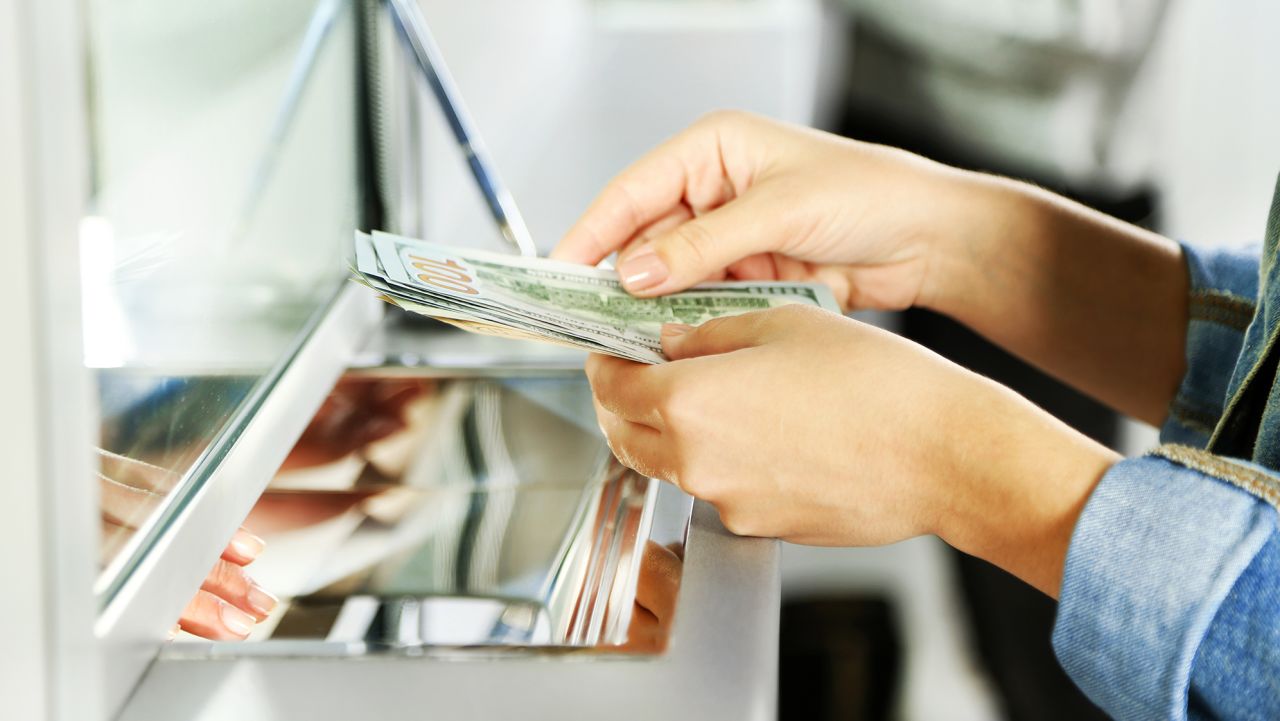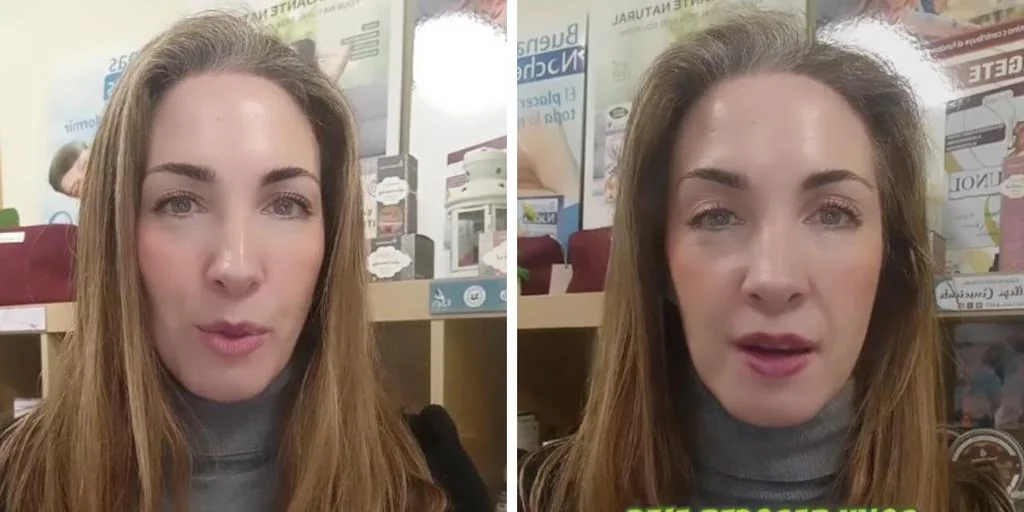(CNN) – Banks are in the crosshairs of many after the sudden collapse of banks and the actions taken by US regulators to increase confidence in the financial system.
But the Federal Reserve’s decision on Wednesday to raise interest rates for the ninth time since March last year brought good news for savers looking for higher returns on their money.
“Returns from savings accounts and certificates of deposit are at a 15-year high,” said Greg McBride, chief financial analyst at Bankrate.com.
Significantly higher rates, but not in the big banks
Higher rates mean that your most liquid savings — those set aside for emergency expenses, short-term goals like a vacation fund, or even a down payment you’ll need in the next 12 months — can finally make some money years from now. nothing. Unless you continue to keep your money in the big banks. These offer the lowest interest rates for savings accounts.
But high-yield online savings accounts now offer rates of up to 5%, well above the national savings account average of 0.23%, according to Bankrate.
“You’re leaving a lot of money on the table if you don’t switch to online banking,” McBride said.
Just be sure to choose one that is FDIC-insured so you can rest easy knowing that your deposits of up to $250,000 will be protected in case the bank gets into trouble.
Among the highest-yielding certificates of deposit are federally insured one-year certificates with rates as high as 5.15%, much higher than the current national rate of 1.62%.
So, compare prices.
Another high-yield savings option
Given today’s still high inflation rates, which are around 6%, the Series I savings bonds They can be attractive because they are designed to preserve the purchasing power of your money. You can still get the current rate of 6.89% on an I-bond if you buy it before the end of April.
This rate will remain in effect for six months if you complete your purchase before the May 1 reset. If inflation decreases, the rate of Series I bonds will also decrease.
There are some limitations: You can invest a maximum of $10,000 per year. You cannot redeem the bonus in the first year. And if you combine between two and five years, you will lose the interest of the previous three months.
“In other words, bonds are not a substitute for your savings account,” McBride said.
However, they keep the buying power of $10,000 if you don’t need to touch it for at least five years.
It can also be of particular interest to people who are planning to retire in the next five to ten years, as it is a safe annuity investment that can be put to use if needed in the early years of retirement.





